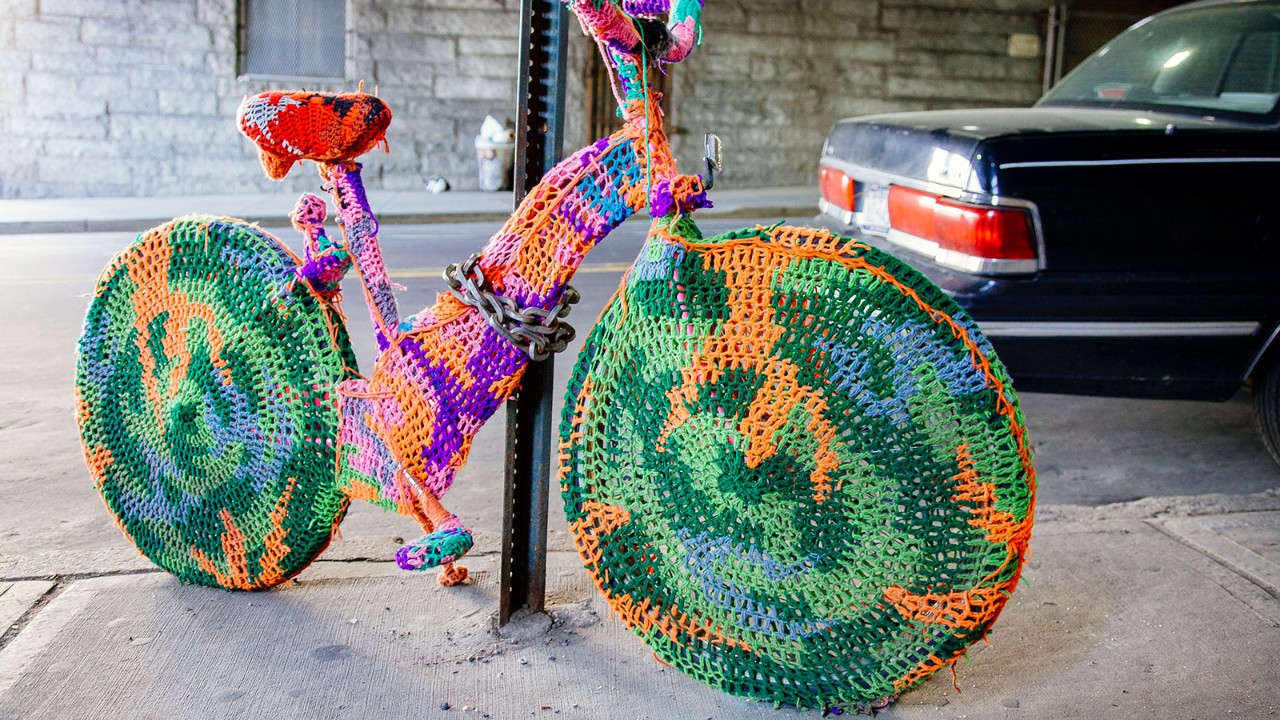
The pervasiveness of Covid-19 has led to anxiety levels soaring all over the world. Unlike individual work or relationship stresses, it is impossible to escape to another environment where your concerns are of little importance.
What’s more, many of our existing ways of coping, such as sport, socialising or the arts, have been disrupted or stopped altogether.
One remedy that has remained, and that increasing numbers of people have turned to, is craft. Sales of knitting or crochet supplies have soared: the Australian Yarn Company tripled its sales at the start of the pandemic, and purchases of crochet patterns in the US have risen by 40%.
Source of solace
Even paint-by-numbers and its more modern cousin, ‘diamond painting’ (where tiny plastic diamonds are glued to a preprinted canvas), have seen a huge upsurge in sales.
I come from a long line of comfortingly competent women and men who have made things with their hands, so craft has been a source of solace for me for many years. It’s more than a way to distract yourself or pass time in lockdown; there are proven psychological and neurological benefits to craft that link us back to the beginning of humanity, 'when Adam delved and Eve span'.

The satisfaction of producing something useful or beautiful reinforces the value of the activity
String's the thing
The human brain and body are designed to make things. For most of our history, it was a requirement for survival. Major leaps forward in the development of humanity are linked to milestones such as learning to knapp flints and make pottery.
Less obvious in the archaeological record – but just as important for human development – is the invention of string, which allowed us to make traps, nets, fishing lines and, eventually, clothing, thatched roofs and felt tents.
Making something tangible with your hands can induce a 'flow' state, where you are totally absorbed and have complete concentration on the task. It stimulates activity in different parts of the brain that manage dexterity, visual and spatial perception and information processing, and requires them to work together to produce something tangible.
Health benefits
The effortless focus of this state can displace anxious or obsessive thoughts, and the satisfaction of producing something useful or beautiful reinforces the value of the activity. Many studies have found crafting beneficial for chronic health disorders, high-stress occupations and mental health. It can also give your conscious brain a rest from trying to solve problems, allowing your unconscious mind time and energy to develop creative solutions.
So, the next time you are struggling with reporting deadlines or that unexplained hole in your expenditure, or just the prospect of another few months in lockdown, find something to do with your hands. It may just be the thing you need to get you through.


